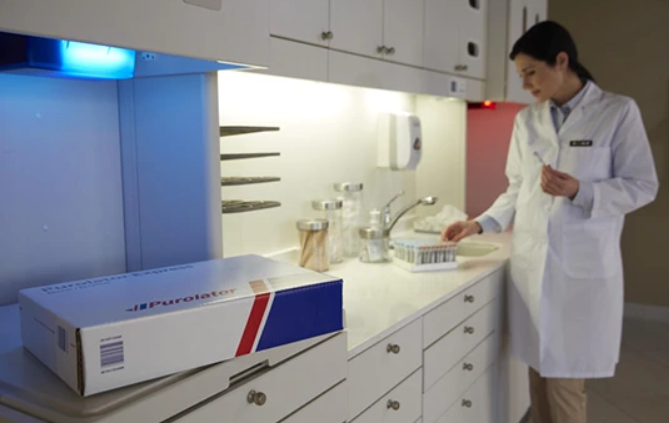
All you need to know about the health checks your staff require for work travel
While a health check isn’t the most exciting part of business travel preparations, it can be the most important. Naturally, employers whose staff travel for work are responsible for ensuring that these employees are safe and healthy in the process. For certain trips, your employees will require medical visas to ensure they remain healthy and have access to the best medical care whilst they’re away.
Dr Daniel Fenton, clinical director at London Doctors Clinic and Vicki Field, their HR director, explain why medical checks are important, what they entail and how to go about ensuring your staff are prepared for the next business trip.
Why it’s important
As an employer, you carry responsibility for your employees when they work abroad on short or long-term work assignments. Ensuring that your employees remain fit and healthy, and have appropriate treatment if an issue does occur, is a fundamental legal (as well as moral) obligation.
The prevalence of major health conditions varies throughout the world and some of the major business hubs are based in countries where there are higher rates of tropical or infectious diseases such as Malaria, TB and Hepatitis.
There are numerous countries which require medical visas for work purposes, including Cayman Islands, South Africa, UAE and China and with various countries around the world dictating their own policies for business travellers and those entering the country on
The rationale for work visa medicals is two-fold: primarily to ensure that the employee is fit, well and free of illness enough to enter a new country; and secondly to gain a greater understanding of the health risks they may be faced with whilst in the country.
Remember it’s also key to have an employer travel insurance policy to ensure that the employee is fully supported in the event of accident or illness whilst they are abroad.
Which health checks need to take place
As a general rule, the health checks performed will include a full physical examination, and in some
Given the vast differences in health services across the world, the process of examination aims to ensure that travellers are physically and mentally healthy enough to visit or reside in a foreign country.
What the process entails
The application process typically involves obtaining the medical form from the relevant embassy or embassy website. It’s crucial to check beforehand if a specialist embassy registered doctor is required, as is the case for all US visas.
Employees need to attend their medical assessment with the necessary forms, so they can be completed by the examining doctor. Take into account the fact that certain immunisations need to be given before travel, so contacting the GP as soon as possible ensures that all appropriate injections are provided within the correct timeframes.
Business travel can be stressful and complicated, so HR teams should aim to make the process as seamless as possible for employees. Informing them of the medicals that they require, facilitating the medical appointment, reimbursing costs of required tests, and ensuring they are provided with all the necessary paperwork at the earliest opportunity are ways to support your employees.
When the tests should take place
Business travel can often be required at short notice, and the good news is that most simple work visa medicals can be completed with 48 ‘
Returning to work
It’s vital to remember that while after travel checks are not routinely required, it’s essential for travellers returning from the tropics who may have developed acute or severe symptoms such as fever, bloody diarrhoea or a rash, to visit a GP.


















